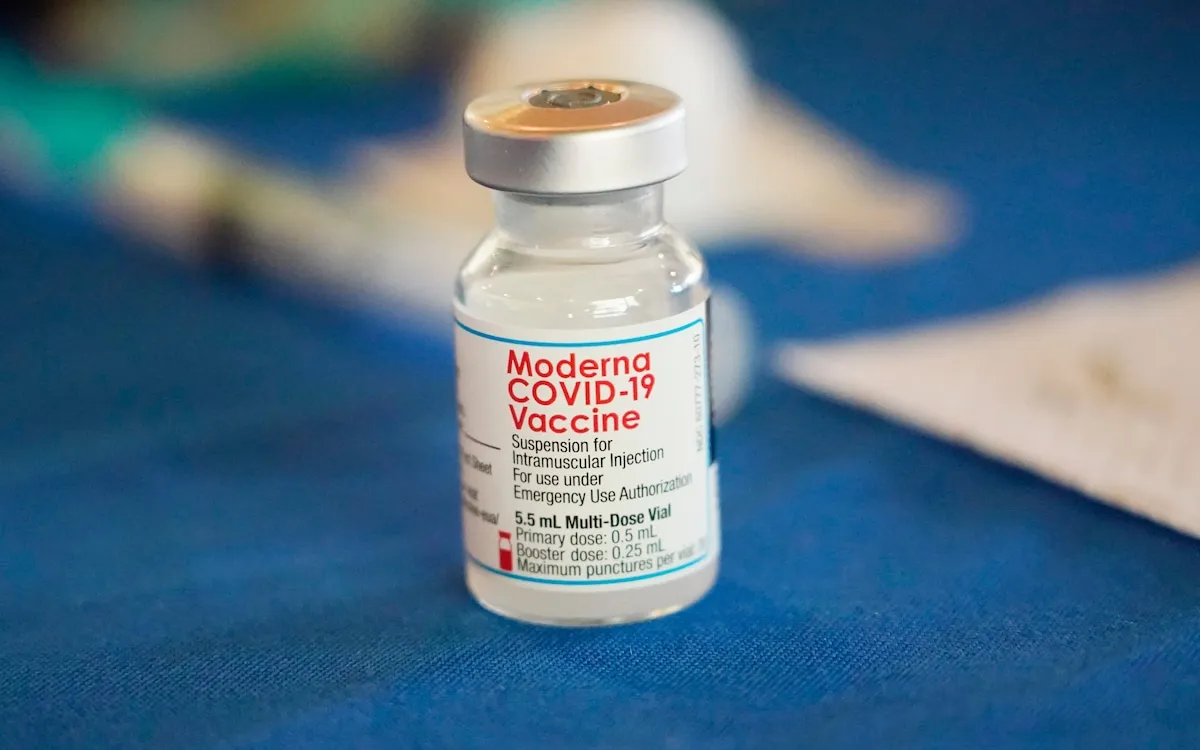
As the fall season approaches, many Americans are left wondering about the ease of obtaining a COVID-19 vaccination. Recent developments have stirred confusion and raised concerns among health officials and the public alike. Health Secretary Robert F. Kennedy Jr., known for his longstanding opposition to vaccines, declared last month that the COVID-19 shots are no longer recommended for healthy children and pregnant women, challenging the decisions typically made by scientific experts rather than political figures.
Shortly after Kennedy's statement, the Centers for Disease Control and Prevention (CDC) adjusted their recommendations. They stated that healthy children and pregnant women “may” receive COVID-19 vaccinations, a departure from the previous stronger language suggesting that these groups “should” get vaccinated. Notably, the CDC's website currently lacks guidance for pregnant women, with that section of the vaccine guidance chart grayed out. This change follows an earlier move by the Trump administration to restrict COVID-19 vaccinations for healthy individuals under the age of 65.
The latest adjustments have left health experts, vaccine manufacturers, and insurers uncertain about what advice to provide moving forward. Dr. John B. Lynch, an infectious disease expert from the University of Washington, shared a troubling example: he advised a pregnant healthcare worker to get vaccinated, but she was turned away by two pharmacies. “This situation illustrates the chaos and confusion that is unfolding,” Lynch remarked during a briefing with the Infectious Diseases Society of America. He expressed concerns about the barriers to access that patients are facing as a result of mixed messages.
For those wondering how to secure a COVID-19 shot for themselves or their healthy children, some of this season's vaccine supply is still available. Experts from the insurance industry suggest that individuals who had coverage prior to Kennedy’s announcement are likely to have their vaccinations covered. In a positive move, Wisconsin's health department has affirmed that the state “continues to recommend the current COVID-19 vaccine during pregnancy and for everyone aged 6 months and older,” while emphasizing that its Medicaid program will continue to cover the vaccination.
The availability of vaccines this fall remains uncertain. Vaccine manufacturers plan to release updated COVID-19 shots later in the summer or fall. However, the Food and Drug Administration (FDA) has indicated that it may limit the approval of seasonal shots to seniors and other high-risk individuals, pending further studies. Even if the U.S. restricts vaccines to certain groups, it may still be possible for others to receive the shots based on decisions made during upcoming advisory meetings, regulatory changes, and employer or insurer policies.
Insurance coverage for COVID-19 vaccinations is typically guided by the recommendations from the CDC’s Advisory Committee on Immunization Practices. The current uncertainty surrounding this panel's role raises questions about future coverage. Those without insurance may face out-of-pocket costs of approximately $200. The CDC’s recent language regarding healthy children, termed “shared decision-making,” implies that health insurers are required to cover the vaccinations. Some insurers and employers might opt to continue covering the shots to mitigate the financial burden of potential hospitalizations due to COVID-19.
The FDA has published a list of health conditions that qualify individuals as being at increased risk, including asthma, cancer, diabetes, obesity, and physical inactivity. The CDC provides a more comprehensive list, yet the practical implementation of these guidelines remains unclear. For example, individuals might struggle to prove their eligibility, especially if they are vaccinated at a pharmacy where pharmacists may not inquire about underlying health conditions.
Adding to the confusion, Kennedy suggested that COVID-19 poses minimal risks to pregnant women. However, complications from COVID-19 during pregnancy can lead to serious outcomes, such as preterm birth and severe illness in the mother. The Society for Maternal-Fetal Medicine has reaffirmed its strong recommendation for vaccination during pregnancy. Furthermore, vaccinating the mother can offer temporary protection to the newborn until the child is old enough for their own vaccination, as emphasized by Dr. Lynch.
As the situation evolves, it is crucial for individuals to stay informed about the latest developments regarding COVID-19 vaccinations, especially for vulnerable populations such as pregnant women and children. Seeking guidance from healthcare providers will be essential to navigate this complex landscape.